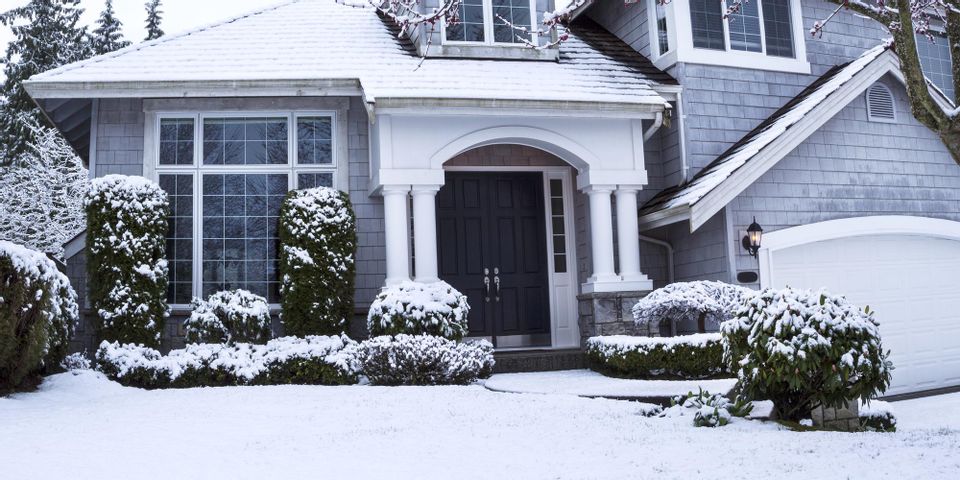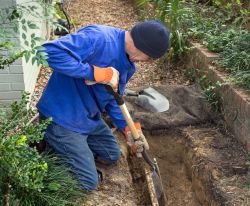What Happens When You Don’t Winterize Your Sprinkler System?

Freezing temperatures and water don’t mix, and problems aren’t limited to the interior of your home. Your irrigation system is also at risk. Here’s how to winterize yours to ensure you avoid costly problems and inconveniences.
Why Winterizing Your Irrigation System Is Important
What Problems Can Occur?
Water sits in irrigation system pipes when homeowners don't flush them before winter. The liquid then expands when it freezes. Enough pressure will crack pipes or split joints.
Sprinkler heads have the same problem. Any part can snap under stress, leading to leaks or causing the heads not to rotate or spray water correctly.
 Every irrigation system has a backflow system that prevents irrigation water from mixing with your drinking supply. This above-ground valve can freeze and split.
Every irrigation system has a backflow system that prevents irrigation water from mixing with your drinking supply. This above-ground valve can freeze and split.
It’s an expensive part to replace and compromises your home’s water until professionals replace it. They’ll have to dig up damaged piping, which includes excavation and yard repairs.
How Can You Protect Your System?
Start by turning the electricity and water off if you’ll be away for the winter. This ensures no water can flow through your irrigation system.
Have professionals use the blowout method to remove standing water in the pipes. They’ll connect an air compressor to the mainline to blast water out.
Prevent above-ground freezing by wrapping your backflow valve and exposed piping in insulating blankets and sleeves. These keep them warm when temperatures dip below freezing and create a barrier between snow and ice.
If you’re ready to winterize your irrigation system, contact Maxum Irrigation in Waterford, CT. These professionals offer a variety of eco-friendly lawn care solutions. From automatic watering systems to standard lawn irrigation, they’ll outfit your home with what you need for a beautiful lawn. They also provide sprinkler repair services, which you can learn about on their website. Call (860) 525-7000 to speak with a representative.
About the Business
Have a question? Ask the experts!
Send your question

